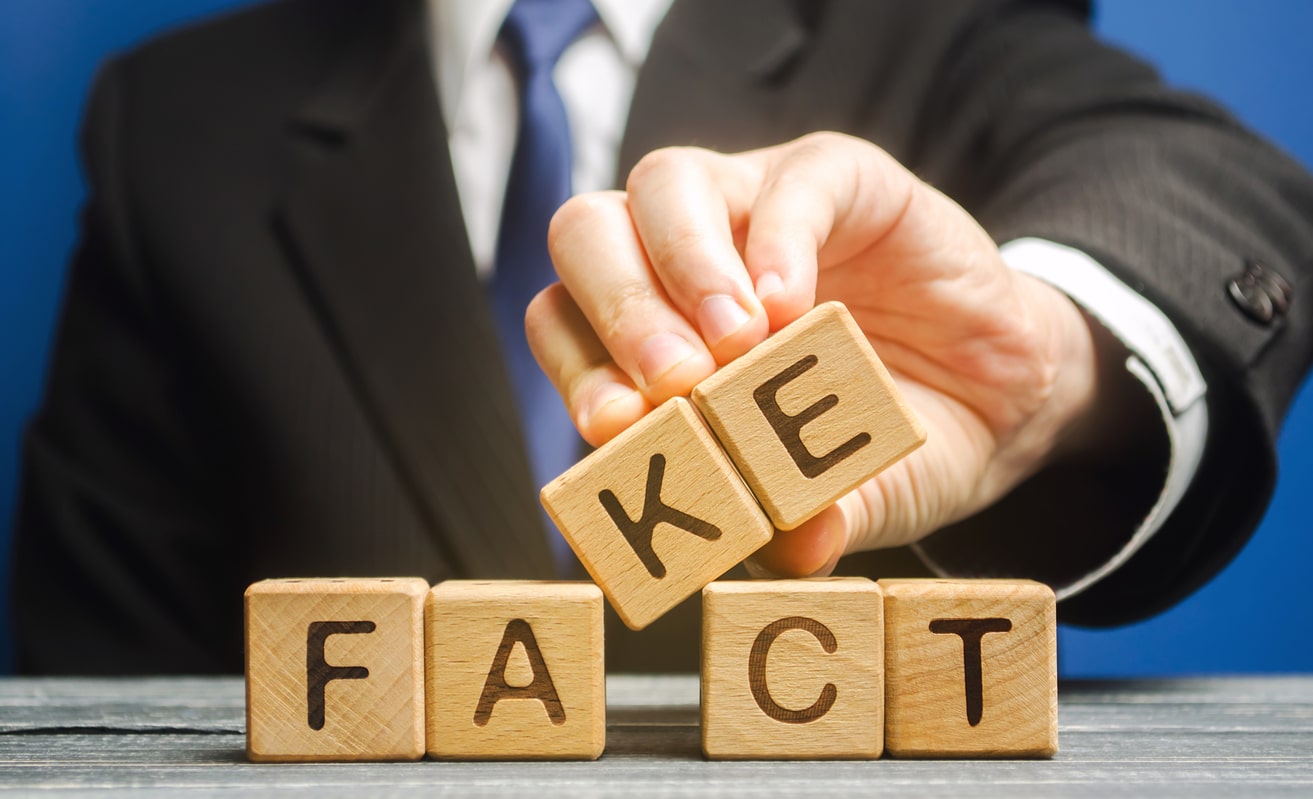Second Circuit rules that relevant government “payment decision” under Escobar included Veterans Administration’s initial decision to award contracts based on claim that contractor qualified as a “service-disabled, veteran-owned small business”—not just the VA’s subsequent decisions to make payments under those contracts
In a key victory for the federal government and qui tam whistleblowers, the Second Circuit Court of Appeals has affirmed that false statements regarding eligibility to take part in government programs—and not just subsequent false claims for payment after being allowed to participate—are actionable under the False Claims Act notwithstanding the U.S. Supreme Court’s 2016 landmark decision in Universal Health Services v. Escobar. The court in United States v. Strock rejected the idea that the only relevant “payment decision” under Escobar was the decision to pay a contractors’ invoices without regard to the initial decision to award the contract.
Impact on False Claims Act Cases Involving Eligibility
The case—in which the contractor allegedly falsely certified that it qualified as a “service-disabled veteran-owned small business” to get lucrative “set-aside” contracts with the Veterans Administration—has potentially broad impact on other False Claims Act lawsuits involving eligibility requirements for federal contracts, grants, and other programs.
For example, the government sets aside a percentage of contracting dollars not just for service-disabled, veteran-owned small businesses (SDVOSB), but for other small businesses as well, including women-owned small businesses (WOSB), economically or socially disadvantaged small businesses (Section 8(a) small businesses), and HUBZone (historically underutilized business zone) small businesses.
Other eligibility criteria for government contracts, grants, and programs frequently include:
- Membership in socially disadvantaged or low-income groups.
- Satisfaction of educational or training requirements.
- Ownership by parties in the United States and/or certain foreign countries, e., those with which the United States has a trade agreement or defense treaty.
- Absence of a criminal record.
- Adequate financial resources and necessary production, construction, or technical equipment and facilities to perform a contract.
Federal contract solicitations and grant solicitations also frequently contain eligibility and qualification requirements specific to the contract or project in question. Speak to an experienced whistleblower lawyer like Mark A. Strauss about the details of your matter.
Service-disabled, Veteran-owned Status a Sham
In Strock, the defendant contractor claimed that it was owned by a service-disabled veteran. It applied for and received tens of millions of dollars of VA contracts “set aside” for service-disabled, veteran-owned small businesses (SDVOSBs).
According to the government’s False Claims Act complaint, however, the contractor’s status as a SDVOSB was a sham. Other executives—not the service-disabled veteran—controlled the company and its operations, including an email account in the service-disabled veteran’s name. Although the service-disabled veteran was listed as the company’s majority shareholder and “president”, he in fact had no role in running the business and was paid less than 5% of the firm’s profits. He was simply a figurehead recruited and installed to make it appear as though the firm qualified as an eligible SDVOSB.
Appellate Court Rejects Narrow Interpretations of the Phrase “Payment Decision”
The contractor sought dismissal based on the Supreme Court’s 2016 decision in Escobar, in which the Court held that, to be actionable under the False Claims Act, “[a] misrepresentation about compliance with a statutory, regulatory, or contractual requirement must be material to the Government’s payment decision.” In particular, the contractor argued that the relevant “payment decision” in its case was the VA’s determination to pay its invoices, which supposedly were not themselves fraudulent. The VA’s initial decision to award it the contract based on the false claim that it qualified as a service-disabled, veteran-owned small business, was irrelevant, the contractor urged.
The government countered that the relevant “payment decision” was the initial awarding of the contract—a position premised on the so-called “fraudulent inducement” theory of False Claims Act liability. Under that theory, a whistleblower or the government can establish liability by showing that the defendant submitted claims for payment under a contract that was obtained by fraud—even without evidence that the claims for payment were fraudulent themselves. The subsequent claims for payment are “tainted” by the initial fraud and thus actionable under the False Claims Act. The correct focus in a fraudulent inducement case under the False Claims Act is therefore the impact of the fraudulent statements on the government’s initial decision to award the contract, the government argued.
The district court sided with the contractor, dismissing the case.
The Second Circuit reversed. It rejected the parties’ narrow interpretations of the phrase “payment decision”, holding, instead, that—at least in False Claims Act lawsuits alleging fraudulent inducement—the relevant “payment decision” comprised both the initial decision to award the contracts and the decision ultimately to pay the contractor’s invoices. The court concluded that the government’s False Claims Act complaint thus plausibly alleged the element of materiality, satisfying the requirements of Escobar.
Other Recent Decisions Agree
Notably, the reversal in Strock accords with other recent court decisions.
For example, a court in the District of Columbia recently refused to follow the (subsequently reversed) district court decision in Strock. In Scollick ex rel. United States v. Narula, the court held that Escobar’s “payment decision” requirement “does not apply” when a False Claims Act lawsuit alleges fraudulent inducement. While a government contractor’s undisclosed failure to comply with contractual, regulatory, or statutory requirements may be immaterial to the government’s decision to pay that contractor, as Escobar explains, a fraudulent statement made to secure the award of a government contract in the first place “will always be material to the government’s decision to pay the contractor under that agreement”, the court reasoned. There, as in Strock, the contractor falsely certified its eligibility as a service-disabled, veteran-owned small business (SDVOSB) to get government contracts.
Similarly, in United States ex rel. Montes v. Main Bldg. Maint., Inc., a court in the Western District of Texas recently denied a government contractor’s motion to dismiss a False Claims Act whistleblower lawsuit. The court held that the contractor’s false certification that it qualified as an eligible Section 8(a) small business met Escobar‘s materiality requirement.
Civil War era Taxpayer Protection Statute
Originally enacted during the Civil War to combat fraud by suppliers of the Union Army, the False Claims Act imposes significant liability on parties that knowingly overcharge or underpay the federal government or its agencies. The False Claims Act’s whistleblower or qui tam provisions permit private individuals to sue on behalf of the government for false claims and share in the proceeds. Successful False Claims Act whistleblowers receive rewards of 15-30%. For fiscal year 2019, the government reported that settlements and judgments in False Claims Act suits topped $3 billion. More than $2.1 billion of that amount came from whistleblower lawsuits filed under the False Claims Act’s qui tam provisions.
Government contracting/procurement fraud and grant fraud are significant areas of False Claims Act litigation.
Contact an Experienced Whistleblower Attorney
If you are considering blowing the whistle on fraud against the federal government—whether your matter involves government procurement contracting, federal grants, or otherwise—reach out for a free and confidential consultation with whistleblower lawyer Mark A. Strauss.





